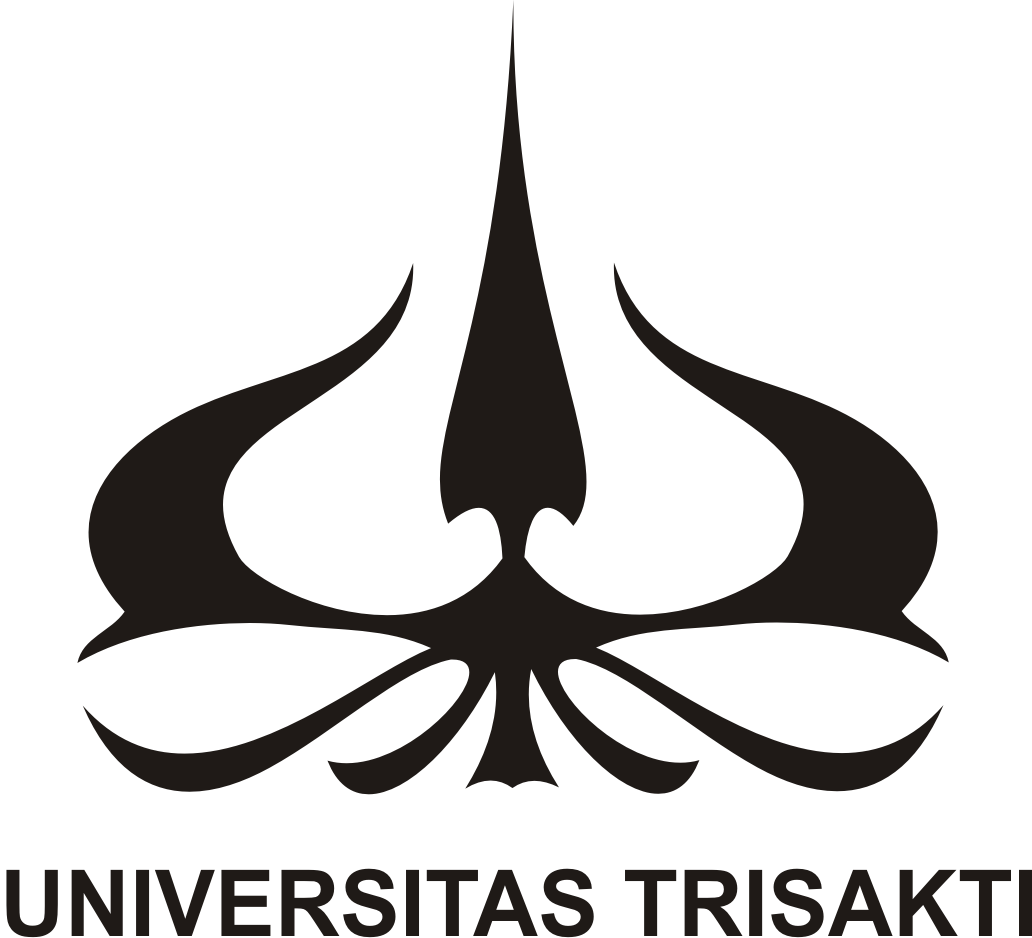- Jalan Kyai Tapa No. 1 Grogol
- Jakarta Barat, Indonesia
- Phone: (62-21) 566 3232
- Fax: (62-21) 564 4270
- Email: humas@trisakti.ac.id
Vision Mission Objective Target
VISION
Towards an international standard Master of Accounting Study Program while still paying attention to local values in developing knowledge in the field of accounting to improve the quality of life of the nation
MISSION
- Increase the participation of the Master of Accounting Study Program in producing human resources who have intellectual abilities, international standards, and have the Trikrama Trisakti character through education and teaching activities;
- Increasing research activities to develop knowledge based on local values in order to answer national problems and improve the quality of life and civilization;
- Increasing the participation of the Accounting Masters Study Program in supporting the needs of society and industry through community service activities.
OBJECTIVE
- Realizing the Vision and Mission and Goals through increasing understanding by stakeholders and making it a guideline for the implementation of the Tridharma of Higher Education.
- To produce graduates who are knowledgeable, virtuous, intelligent, healthy, independent, creative, innovative, with the Trikrama Trisakti character, have social sensitivity, are able to work together, communicate and professionally carry out their responsibilities as accountants preparing financial reports, accountants external examiners, accountants internal examiners, accountants forensic examiners, management accountants, and tax accountants who are fair, wise, and respect national diversity, and have global competitiveness.
- Improving the qualifications and competencies of international standard human resources in order to increase the nation’s competitiveness.
- Realizing an academic culture that spurs self-development through a productive, effective and efficient Tridharma organizing process in participating in building a civil society.
- Improving the management system, quality, and availability of infrastructure, funds, and information systems, to support the implementation of the Three Pillars of Higher Education.
- Strengthen the culture of researching, scientific publications, and contributing real works that are beneficial to society, nation and state in order to improve the quality of life and civilization.
- Developing partnerships with other higher education institutions, professional associations, industry, government, and local and foreign communities.
TARGET
- Vision, Mission, Goals, and Targets are understood by stakeholders and used as guidelines in the implementation of Tridharma PT in the Accounting Masters Study Program.
- Achievement of BAN PT Standard A Accreditation for the Accounting Masters Study Program with the support of participatory, reliable, credible, transparent, accountable, responsible, fair and quality management management on an ongoing and consistent basis to support the achievement of the Vision, Mission, Goals and Targets .
- To produce graduates with the Trikrama Trisakti character and highly competitive, both at home and abroad with the achievement of 20% of graduates continuing their studies according to the field of science; 80% work according to their field of knowledge and 10% of them create jobs.
- The achievement of quality and outstanding graduate performance is evidenced by recommendations from 10 large companies both domestic and foreign companies.
- The achievement of human resource qualifications where 100% of the lecturers have doctoral degrees whose fields of expertise are in accordance with the competencies of the Master of Accounting Study Program; 40% of lecturers in GB+LK academic positions. Education personnel who are certified in accordance with their field of work; lecturer : student ratio = 1:25; and 5% of the lecturers received international awards; 5% have professional experience in an international standard field.
- Achievement of lecturer and non-lecturer satisfaction through the provision of compensation, competence development opportunities and self-actualization in accordance with and linking the results of work performance assessment with awards and sanctions (bonuses, training participants, promotions, reprimands, demotions) to increase work motivation, culture and ethos work, openness and collegiality.
- The achievement of a productive, effective and efficient learning process based on Student Centered Learning and the implementation of student exchange and collaboration programs between universities at home and abroad.
- Availability of educational support facilities in the form of places of worship, parks, health, sports, post offices, banks, bookstores, canteens, common rooms, meeting rooms, guest houses and student dormitories.
- The creation of a conducive academic atmosphere through a curriculum that complies with the Indonesian National Qualification framework, based on local wisdom, meets market demands.
- Information systems and e-learning facilities are available which are always updated, both in terms of substance and supporting facilities.
- Facilities for Tridharma activities are available which include rooms/discussions/seminars, practicum facilities, and libraries that are of international standard and/or certified which can be accessed for the public interest.
- Availability of sufficient funds from main sources and various additional sources from within and outside the Master of Accounting Program, for the continuity and improvement of the quality of Tridharma PT organizers and the availability of funds of 1% of income for scholarships, and community development around the campus.
- The implementation of cooperation in the field of Tridharma with 2 Accounting Masters Study Programs from well-known universities both at home and abroad and research collaborations with at least 2 different industries whose results were published in international journals.
- Providing real work results and training for the development of regional resources in the target areas of the Faculty of Economics and Business.
- Produces National and International scientific publications in the amount of 2 scientific papers per lecturer per year.


